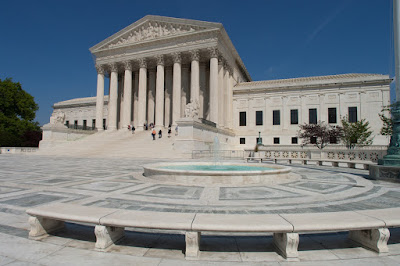AT&T has planned to launch native Advance Messaging and Video Call facilities on its network. This messaging service will use Rich Communication Services (RCS). The major advances include sending larger data files (up to 10MB) via text and customers will be informed when messages are delivered, read and also when the other person is typing. However, both the customers who are using this service must be AT&T postpaid wireless customers and within the same coverage area. Currently, this service is only available on Samsung Galaxy S5 mini and Samsung Galaxy S6 Active. With this advanced messaging technology, the wireless rate plans of SMS and MMS apply, but every text or file is counted and billed separately.
AT&T customers can make and receive HD voice calls
combined with real-time videos during the video call. Same as the messaging
service, the video customers need to be AT&T postpaid wireless users in an
AT&T HD Voice coverage area having a voice call capable device. Recently,
AT&T is planning to launch the Video Call service on Samsung Galaxy S6
Active and will soon expand to other devices. Additionally, customers can easily
switch between an HD voice call and video call from the call screen. Users can
also add another person in the video call if they wish to. Video calls use both
voice as well as data which will be further billed under existing wireless rate
plans. Before starting the video call, the users need to be connected to the
AT&T mobile network in an AT&T HD voice coverage area. Both the Advanced
Messaging and Video Call services will be available with the help of a software
update and the subscribers will be notified about the download of the update.
AT&T is not the only one in the race of launching RCS
based offerings. T-Mobile US had previously launched its new messaging services
using RCS technology in July. Then, in early September they launched a native
video calling service on its network.
See Also : FCC Entice AT&T, T-Mobile on Mobile Data Policies
See Also : FCC Entice AT&T, T-Mobile on Mobile Data Policies



